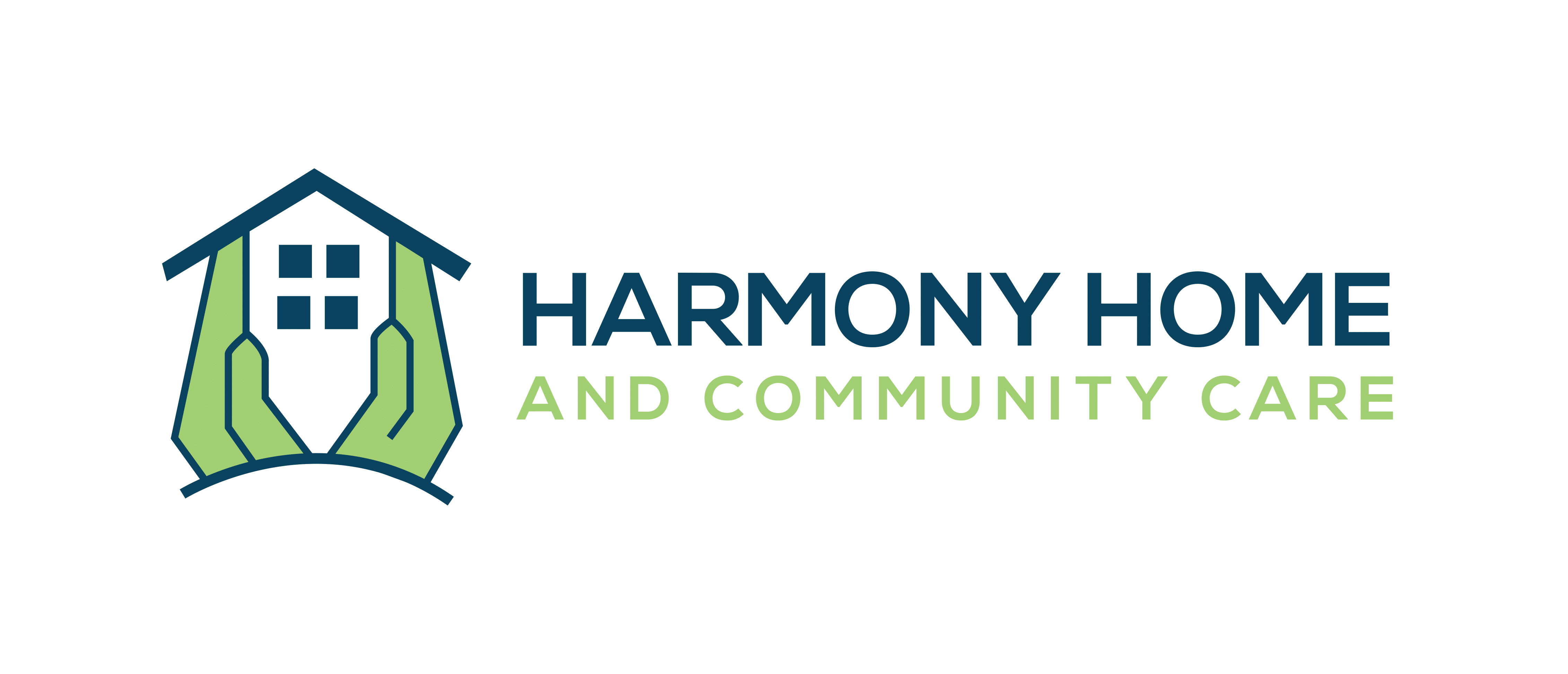Harmony Homes
May 31, 2024
Social Anxiety: Causes, Symptoms and Treatment

Social Anxiety: Causes, Symptoms, and Treatment
Causes of Social Anxiety:
The exact cause of social anxiety is not yet fully understood, as it is likely a combination of various factors. Some common causes and risk factors include:
· Genetics:
Research has shown that social anxiety tends to run in families, suggesting a genetic component to the disorder.
1. Family and Twin Studies:
Numerous studies have shown that social anxiety tends to run in families, suggesting a genetic component to the disorder. Family and twin studies have provided strong evidence for the hereditary nature of social anxiety.
· Family Studies:
Researchers have found a higher incidence of social anxiety in individuals who have a first-degree relative (such as a parent or sibling) with the disorder compared to the general population.
· Twin Studies:
Twin studies have shown that identical twins, who share 100% of their genetic material, are more likely to both have social anxiety compared to fraternal twins, who share only 50% of their genetic material.
These studies support the idea that genetic factors play a significant role in the development of social anxiety.

Recent Posts
Categories
2. Candidate Genes:
Scientists have identified several candidate genes that may be associated with social anxiety disorder. Candidate gene studies involve examining specific genes that are believed to be involved in the development of a particular disorder. Some genes that have been implicated in social anxiety include:
· SLC6A4 Gene:
This gene encodes a protein involved in the regulation of serotonin, a neurotransmitter that plays a crucial role in mood and anxiety. Certain variations (alleles) of this gene have been associated with increased susceptibility to social anxiety.
· COMT Gene:
Variations in this gene have been linked to the production and breakdown of dopamine, another neurotransmitter involved in reward-seeking behavior and anxiety regulation. Specific alleles of this gene have been found to be associated with higher levels of social anxiety traits.
· MAOA Gene:
This gene codes for an enzyme called monoamine oxidase A, which breaks down chemicals such as serotonin and dopamine in the brain. Genetic variations in this gene have been implicated in the regulation of emotional responses and have been associated with higher levels of social anxiety.
These candidate genes provide insight into the biological mechanisms underlying social anxiety and how genetic factors may contribute to its development.
3. Gene-Environment Interactions:
Genetic factors alone do not fully account for the development of social anxiety. There is growing evidence that gene-environment interactions play a significant role. Environmental factors can influence whether or how genetic predispositions manifest as social anxiety. For example:
· Childhood experiences: Traumatic experiences, such as bullying, humiliation, or social rejection, can interact with genetic vulnerability and increase the risk of developing social anxiety.
· Parenting styles:
Growing up in an environment characterized by overprotection, criticism, or lack of positive reinforcement can contribute to the manifestation of social anxiety in genetically susceptible individuals.
· Traumatic experiences:
Past traumatic experiences, such as bullying, humiliation, or rejection, can contribute to the development of social anxiety.
The Impact of Trauma on Social Anxiety:
· Negative Core Beliefs:
Traumatic experiences can shape an individual’s perception of themselves, establishing negative core beliefs. These beliefs often revolve around themes of worthlessness, shame, or being fundamentally flawed. These negative self-perceptions can contribute to the development of social anxiety by creating a constant fear of judgment, rejection, or humiliation in social interactions.
· Dysfunctional Coping Mechanisms:
Trauma can lead to the adoption of maladaptive coping mechanisms, such as avoidance or excessive self-protection. These coping strategies are often employed to minimize the risk of re-experiencing traumatic events but can impede social interactions and contribute to the development or maintenance of social anxiety. For example, individuals may avoid social situations to prevent potential triggers or isolate themselves out of fear of being vulnerable.
· Hypervigilance and Hyperarousal:
Traumatic experiences can increase an individual’s hypervigilance and hyperarousal responses, making them constantly alert to potential threats in social settings. This heightened state of arousal can lead to a chronic sense of anxiety and distress, making social interactions overwhelming and triggering symptoms of social anxiety.
· Interpersonal Trust and Safety:
Trauma can erode an individual’s trust in others and their sense of safety in social interactions. Negative experiences can cause individuals to perceive others as potential sources of harm, further fueling their fear and anxiety when engaging with new people or social situations.
· Learning through Conditioning: Traumatic experiences can lead to a process of learning through conditioning. If a traumatic event occurred during a social situation, the individual may associate social interactions with fear and distress. This association can create a conditioned response, causing anxiety to arise in similar future situations.
Symptoms of Social Anxiety:
The symptoms of social anxiety can vary in intensity from person to person. Some common symptoms include:
· Physical symptoms:
These may include sweating, trembling, rapid heartbeat, nausea, dizziness, or shortness of breath.
· Cognitive symptoms:
Individuals with social anxiety often experience negative thoughts, self-doubt, and a constant fear of being humiliated or embarrassed.
· Behavioral symptoms: Avoidance of social situations, difficulty speaking in public, or an overwhelming need to escape from anxiety-provoking situations are common behavioral signs of social anxiety.
Treatment options for Social Anxiety:
Social anxiety is a treatable condition, and several approaches can help individuals in managing and overcoming their symptoms. Here are some effective treatment options:
· Therapy:
Cognitive-Behavioral Therapy (CBT) is the most common and effective type of therapy for social anxiety. Therapeutic approaches assist individuals in identifying and challenging negative thoughts and beliefs, developing effective coping strategies, and progressively facing feared social situations.
· Medication:
Certain medications, such as selective serotonin reuptake inhibitors (SSRIs) or benzodiazepines, may be prescribed to help manage symptoms of social anxiety. Nevertheless, it is important to note that medication should be administered under the supervision and guidance of a qualified healthcare professional.
· Self-Help Strategies:
Engaging in self-help techniques, such as relaxation exercises, mindfulness meditation, and gradual exposure to social situations, can be beneficial in reducing social anxiety symptoms.
· Support Groups:
Joining support groups or seeking social support can provide individuals with social anxiety a safe and empathetic environment to share experiences, learn from others, and build confidence.


